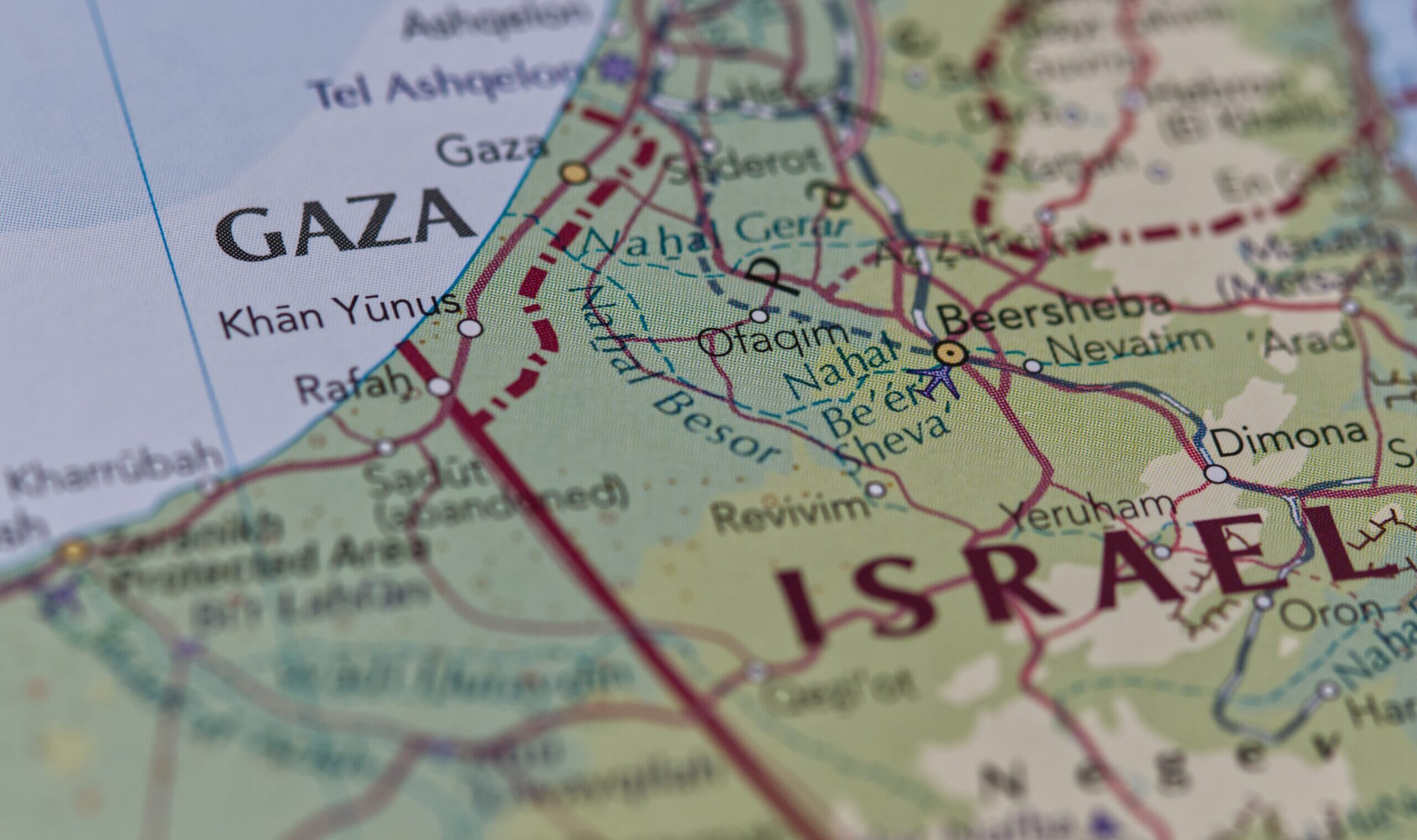Maps Aren’t Natural, Either
Noah Millman objects to thinking of any political order as “natural”:
The “natural” order for the Middle East is not Islamist rule, nor pan-Arab nationalism, nor monarchism, nor liberal democracy, nor a patchwork of mini ethno-states. There is no natural order – the closest thing to one is whatever turns out to be a workable arrangement for the population over a long period of time – and that arrangement is unlikely to line up neatly with a particular theory of the state.
Noah is right that there is no one political order that will keep naturally re-emerging among a particular people or in a particular place. There is no guarantee that members of the same sect or ethnicity will always prefer to belong to the same polity, and in some cases there will be competing religious and ethnic loyalties that pull people in different directions. When people turn to their sectarian or ethnic communities for protection, it is often because of state weakness or state failure. Those communities start to serve the functions that a national government had served earlier to one degree or another, just as these communities probably served those functions before a national or royal government intruded to impose its authority and take many of them over.
According to certain romantic and progressive nationalist historical interpretations, the unifications of Italy and Germany represented the emergence of “natural” political unity that had been blocked by centuries of “artificial” interference by local and foreign rulers, but here what was supposed to be “natural” was something that had never really existed before. Other nations that could point to a history of independent dynastic states in ancient or medieval times have identified the “natural” boundaries of their newly independent nation-states with the holdings of the old kingdoms. As Greek irredentists saw it, the “natural map” of Greece was the Greece of the “two continents and the five seas” modeled roughly on late medieval Byzantium and based on the presence of Greek-speaking populations, and Greek foreign policy between independence and 1922 was aimed at trying to make the imaginary map into reality.
The idea of a “natural map” assumes that every nation is entitled to its own state, but in most cases the creation of an independent national state represents a break from the norm. In many cases, the creation of a single state encompassing multiple regions involves suppressing or denying local traditions of political independence or autonomy for the sake of a “national” unity to which many of the new state’s inhabitants feel no particular loyalty. That is usually what people are referring to when they dismiss a particular state as an “artificial” rather than a “real” country, which is really a comment on the new national government’s perceived lack of legitimacy among its own people.
